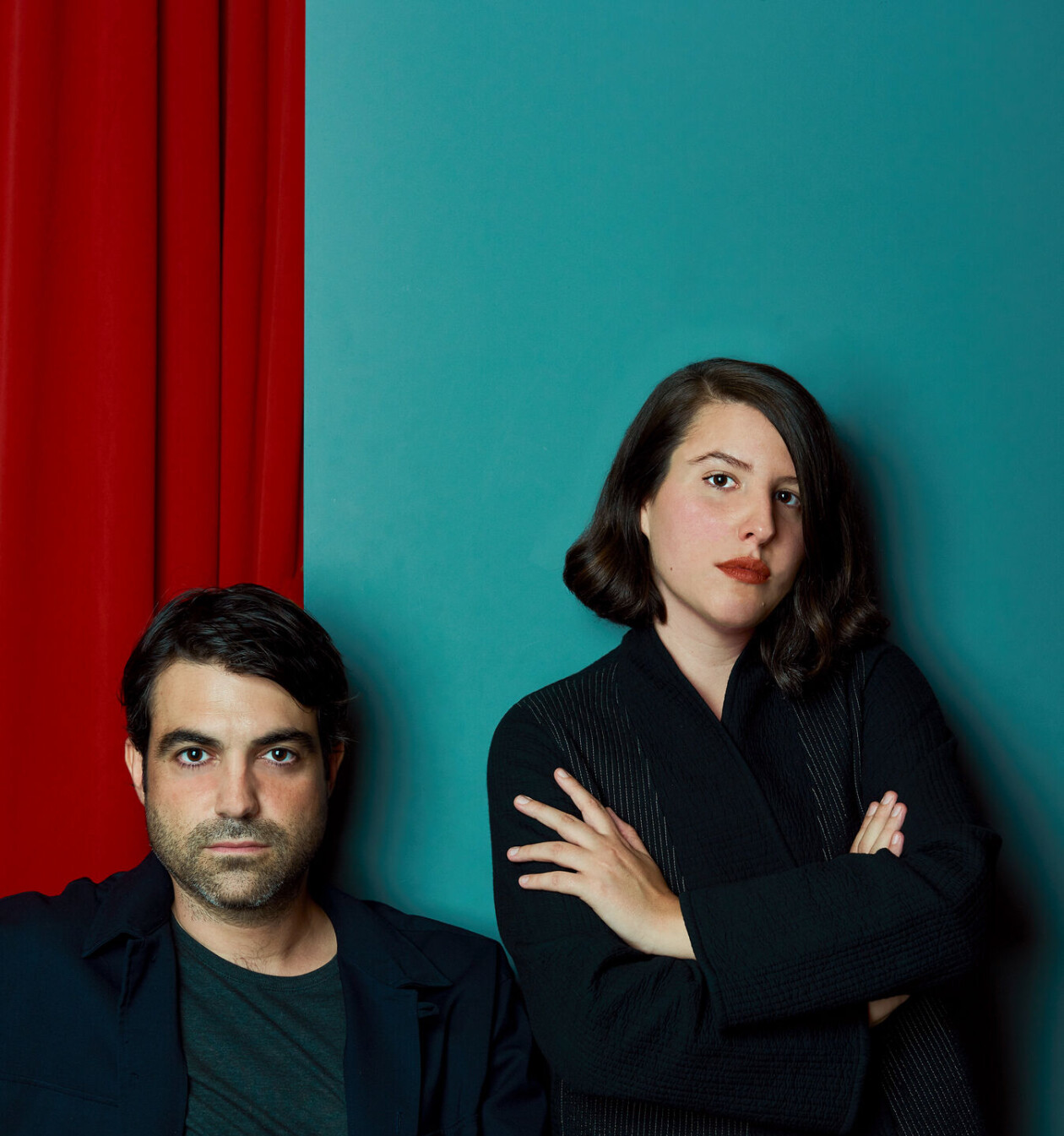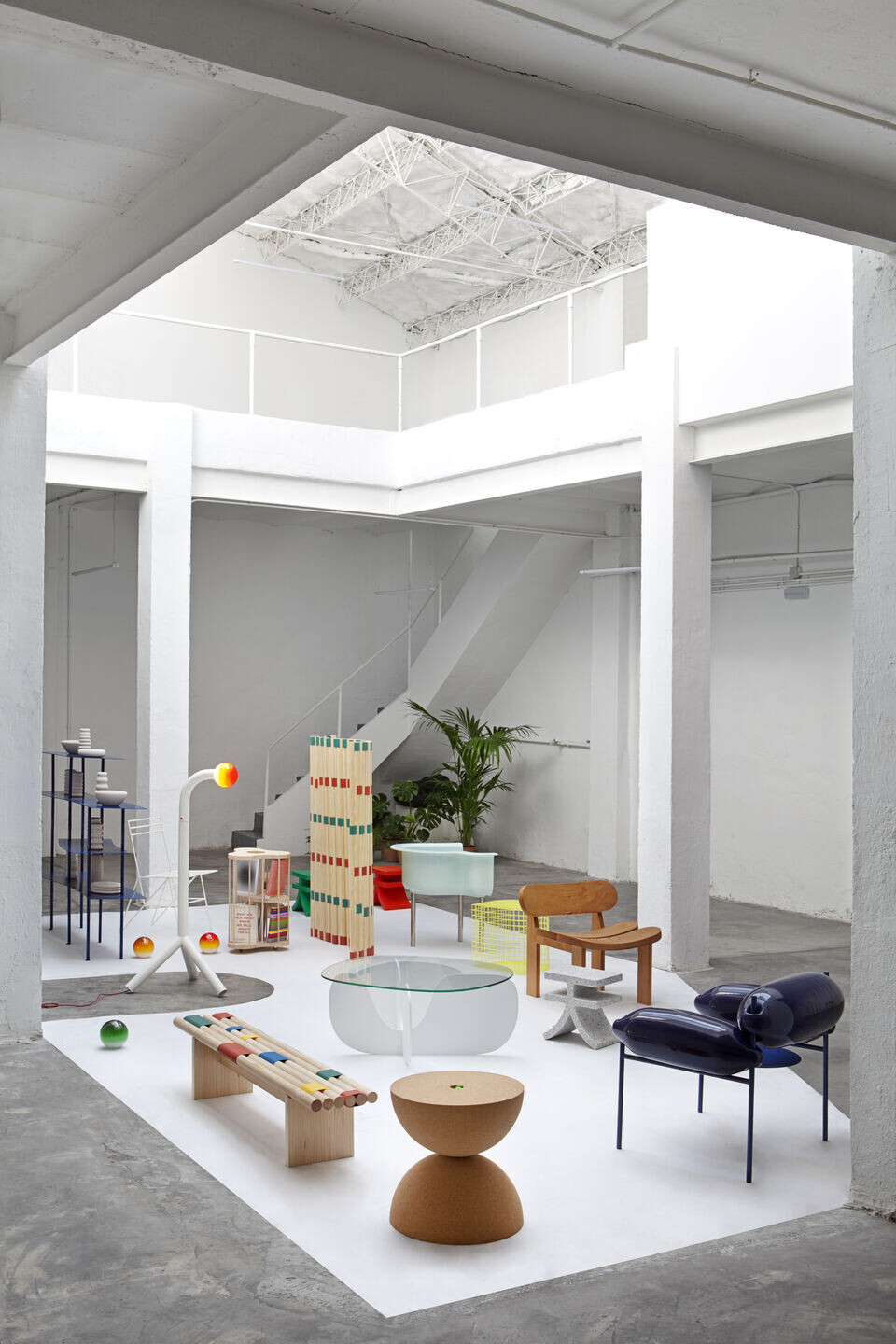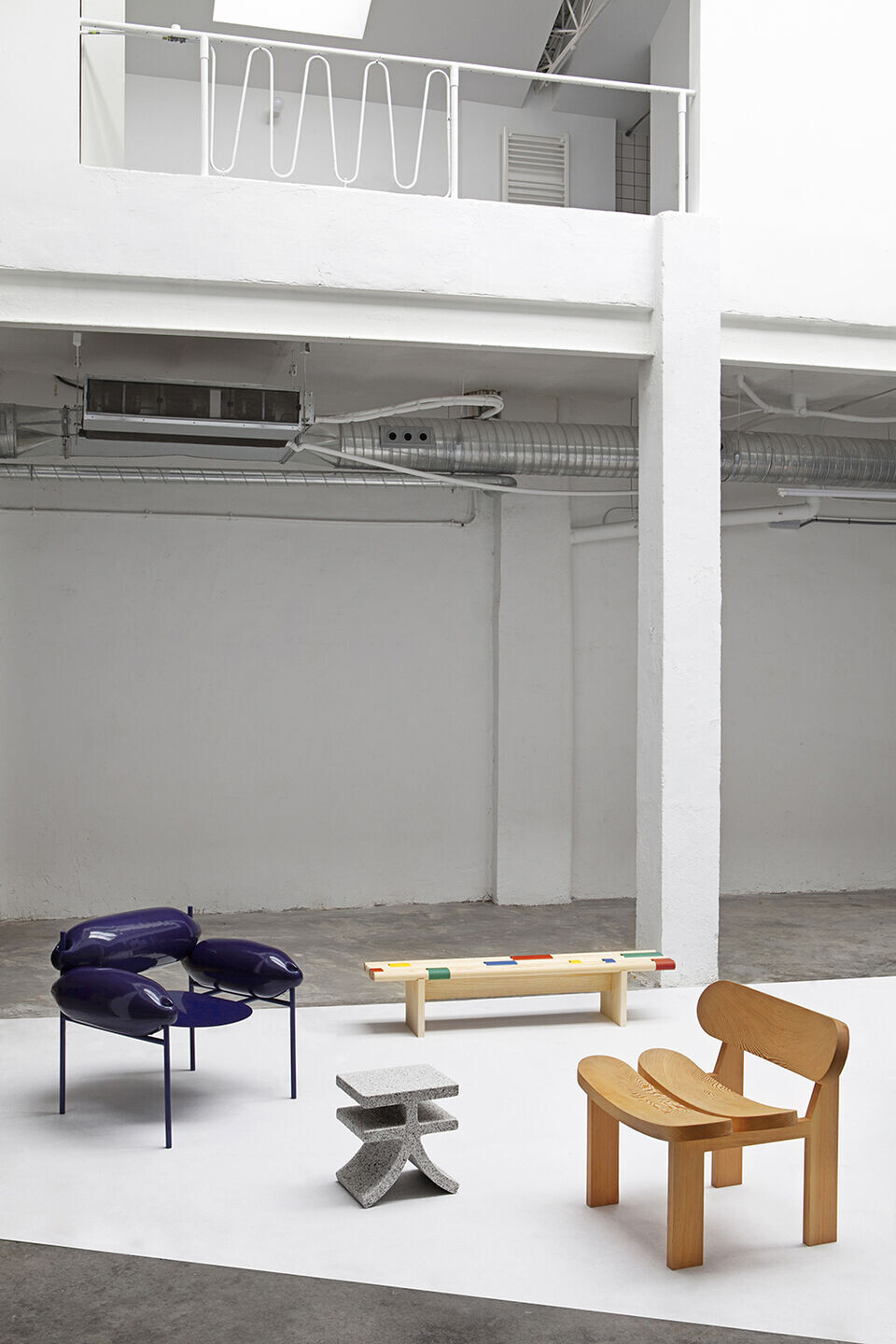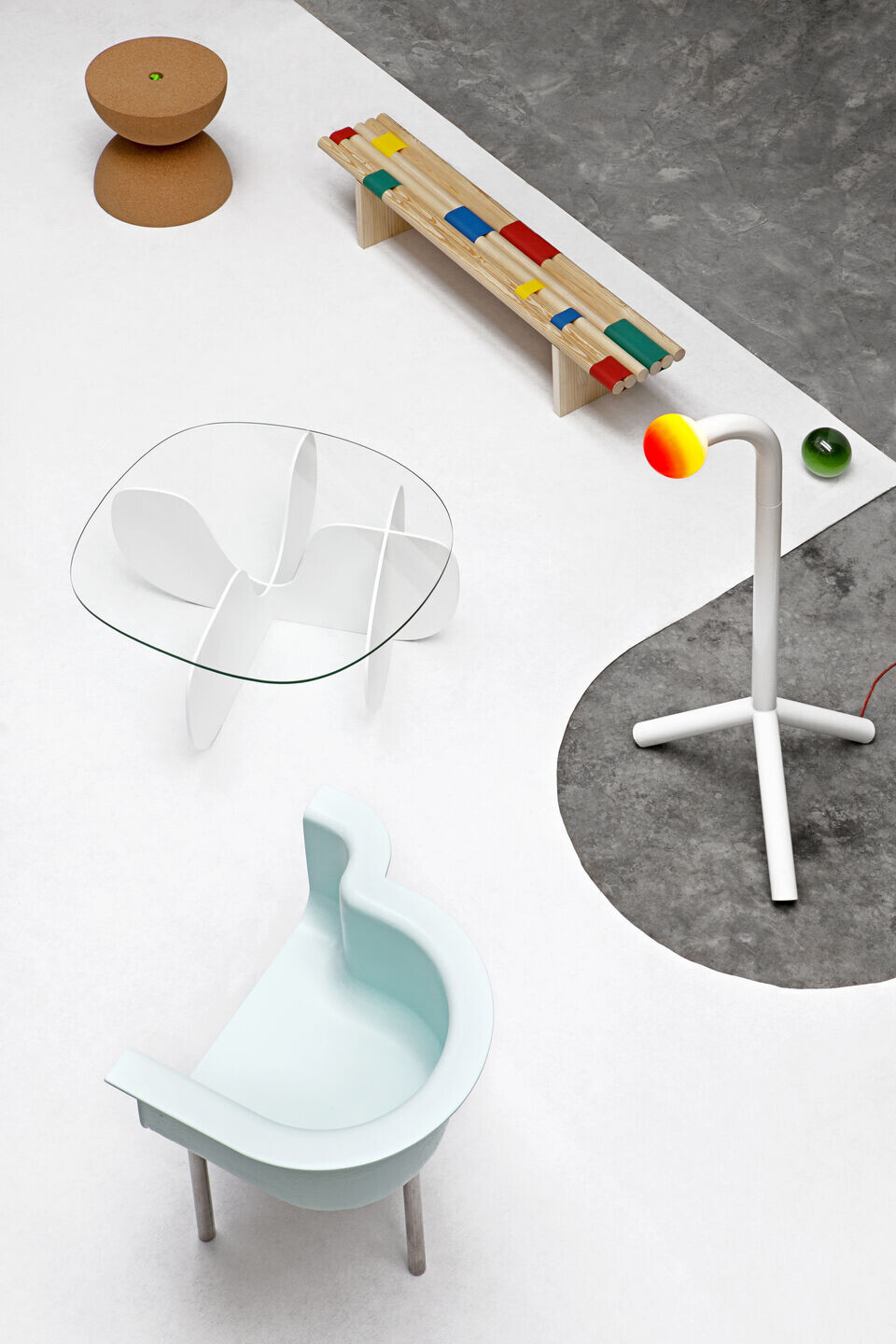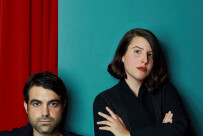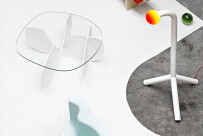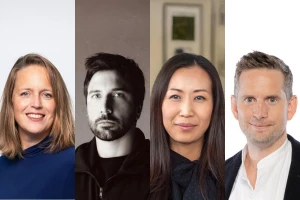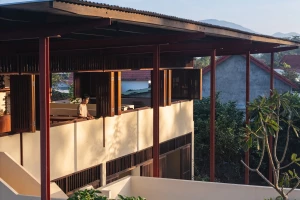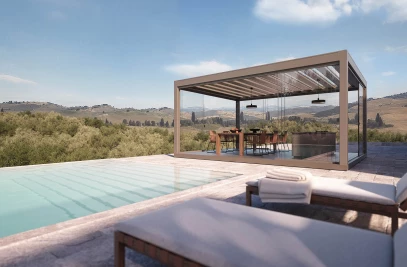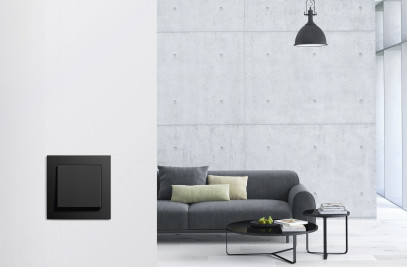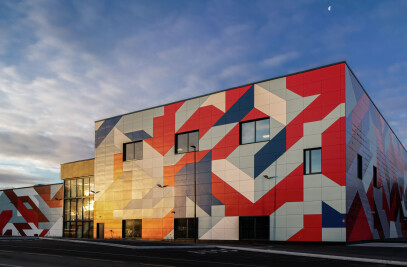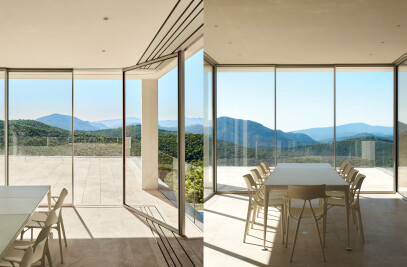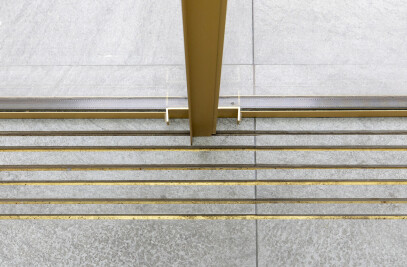Archello speaks with materiality-focused product design collective, Tornasol Studio, in an exclusive interview following their global debut during last month's Maison et Objet. Find out how the trail-blazing studio is redefining craftsmanship below.
Please describe your studio and ethos.
Tornasol Studio, created by designer Inés Llasera and architect Guillermo Trapiello, is a product design office based in Madrid. They integrate playful and sensorial elements in their projects without leaving functionality aside. Tornasol Studio is a diverse practice focused on materiality, visual metaphor, and experimentation.
What does Tornasol Studio aim to do/ achieve?
We aspire to make projects in which emotional relationships are established through perception and the senses.
Who or what inspires you and your work?
We work with everyday situations that amaze us in some way, surrounding ourselves with popular references that interest us for their material identity, evocative power, or simply for their symbolic value. We create projects based on very specific concepts or gestures, details, and experiences that they gather from their environment and translate them into everyday objects.
How do you approach materialization in your projects?
We work a lot from the material identity. We are very conscious of the sensations generated by one materiality or another. We try to approach the user through direct communication through the expressive, aesthetic, and semantic qualities of the materials.
Considering the bespoke nature of your work, is everything you create custom-made?
We have our catalog of closed products but we also do a lot of services and custom pieces. Right now we are also working as window dressers and interior designers. We always make custom pieces for our own projects.
Are you working with any particularly noteworthy clients right now?
Yes, we are currently working for Hermès.
Please describe the processes behind your most recent works and how you develop relationships with manufacturers.
We work with artisans and we want to make the processes of our pieces visible because we believe that the conventional industry still has a lot of knowledge to incorporate into its own production logic. With more manual processes, it is also very important in industrial manufacturing to have qualified personnel who take care of the details and work side-by-side with the designer.
The first year of Tornasol was an odyssey, we went out to look for trades without having many references, partly out of necessity and partly out of curiosity, almost going door to door in the industrial parks on the outskirts of Madrid. The face-to-face aspect is important because not only do you meet the person, you also see and understand how they work, what tools they have, if they are tidy if they are curious...
At first, it was quite frustrating, most of the trades we visited were dedicated to very specialized work or not very fine finishes, it happens in the graphics world, there are many reprographics but few good printers. Over the years, we have met great professionals, people with whom you learn a lot, craftsmen who are willing to accept atypical jobs, who like challenges, and who master the technique.
For us, craftsmanship implies a condition of excellence in execution and attention to detail far above standardized production. It is also important to understand that the craftsmanship of the future operates with inputs beyond manual work and the workshop itself, we could call it digital craftsmanship: the intersection between traditional crafts, high technology, and multi-discipline.
Therefore, this way of working is in the process of being redefined and we believe it is important to leave behind the romantic vision in which for something to be purely craftsmanship it has to be ultra-specialized or there must be no machines involved.
We find it much more interesting to work on the border between traditions, experimentation, and the composition of knowledge, mixing technologies and interests far from the label of what we understand today as craftsmanship.
As an up-and-coming studio, how has winning the Maison et Objet Rising Talent Award changed things for you?
It was a very important international showcase. We were already starting to work in a European context but exhibiting during the fair meant a showcase at a global level.
Is sustainability on your radar as a studio? If yes, how do you go about addressing it within your designs?
Sustainability is mainly present in our production process, we work with local craftsmen and trades. And we try to work with natural materials, as long as the project allows it.
Your designs re-imagine tried-and-tested pieces of furniture – how do you re-invent such well-known designs and turn them into something new?
You can always look at the archetypal from a new point of view. We live in a world where everything has been done, but also everything is yet to be done.
